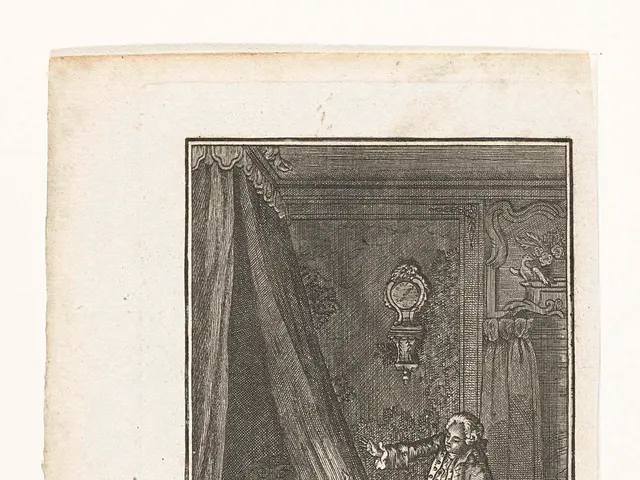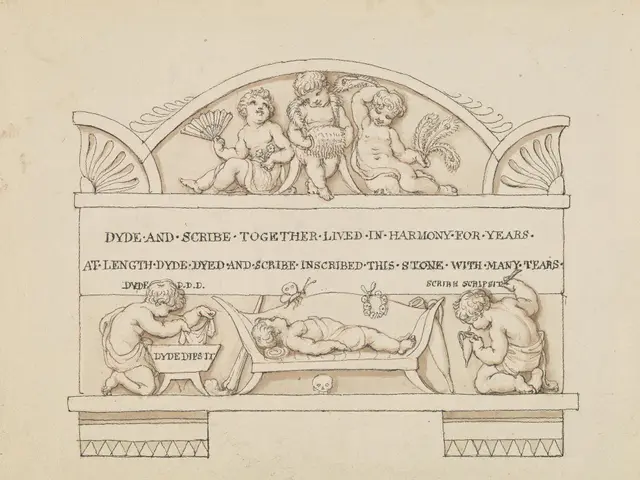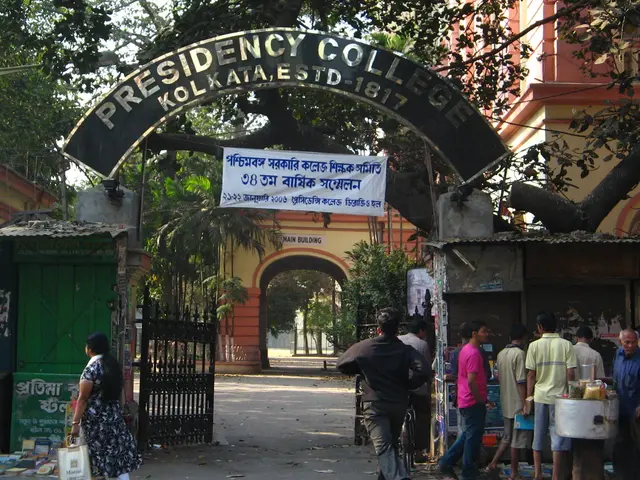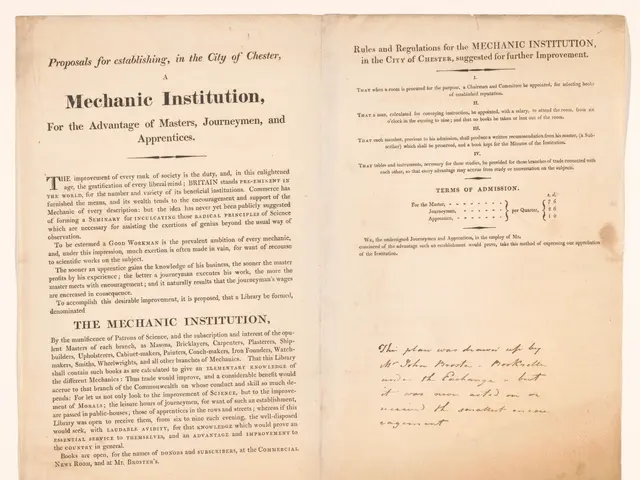Russia tightens grip on Soviet-era archives, blocking researchers from dark chapters of history
Russian archives have restricted access to historical records, particularly those related to the Soviet era of repression. Recent changes in policy have raised concerns among researchers and historians.
In a shift from the late 1980s to early 1990s when archival sources opened up, three regional archives in Sverdlovsk, Chelyabinsk, and Kostroma have altered their issuance policies. They now only release cases of repressed people to close relatives.
Rosarchiv, the federal archival agency, has played a significant role in these changes. Its March 20 order classifies non-secret information that could potentially threaten Russian interests as restricted access information. This has made it more difficult for researchers to access archival information.
Historians like Oleg Novoselov have already felt the impact. He was recently told by an archive that they were returning his ordered cases due to Rosarchiv's order. Meanwhile, the process of copying cases and requesting archival records has become more formalized and lengthy, leading to increased waiting times.
The stricter legislation and changed policies have raised concerns about the accessibility of historical records. Researchers worry that these changes may hinder their work and limit public access to crucial historical information. The full implications of these changes are yet to be seen.
Read also:
- Executive from significant German automobile corporation advocates for a truthful assessment of transition toward electric vehicles
- United Kingdom Christians Voice Opposition to Assisted Dying Legislation
- Democrats are subtly dismantling the Affordable Care Act. Here's the breakdown
- Financial Aid Initiatives for Ukraine Through ERA Loans








